- February 9, 2022
- No Comment
- 12 minutes read
What is the safest human food for dogs? – INQUIRER.net
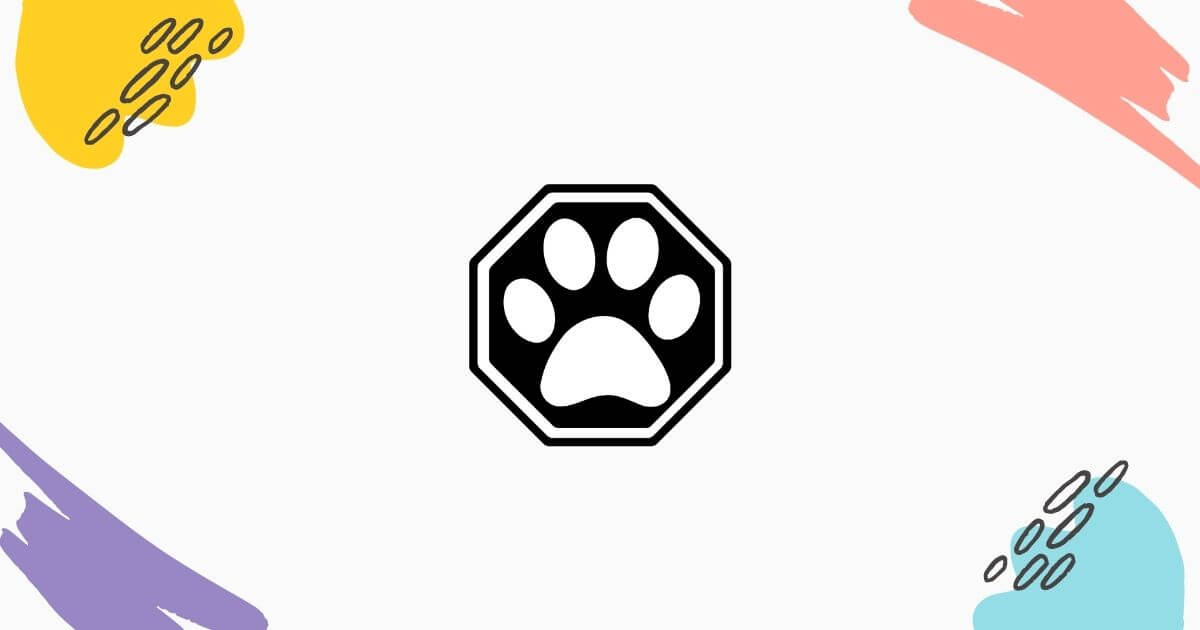
Human foods for dogs are often frowned upon. Many dog lovers don’t feed their furry friends table food for various reasons. Some say it’s to deter dogs from having a knack for the taste that might cause them to look for it again and again. Others say it’s because human food won’t provide them with the right nutrients.
This is mostly a misconception and can vary depending on the dog owner and their primary veterinarian’s advice. Some human food for dogs is a good thing and can provide them a myriad of health benefits. Read on to know more about human food for dogs that are safe, healthy, and encouraged to be given in moderation to your furry best friend.
ADVERTISEMENT
if(displayOnDevices.indexOf(deviceName) >= 0) {
googletag.cmd.push(function() { googletag.display(‘div-gpt-ad-mrec1’);});
}
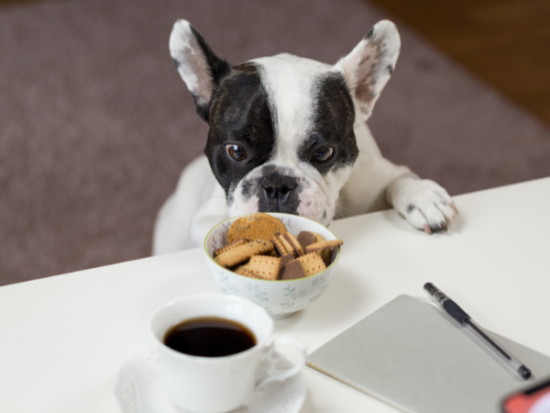
Although human food for dogs can have negative or positive effects, this can depend on the moderation, amount, and even breed of dog. Canines are natural carnivores, so it would make sense that meat is what their bodies can process best. However, dog food has evolved into processed kibbles or canned wet food in recent years.
That isn’t necessarily a bad thing, but you can give them healthier alternatives if they are available. Human food for dogs can provide them with fibers, vitamins, minerals, calcium, and a ton of other health benefits. It can help strengthen their joints, lessen bad breath and teeth tar, and provide them with the energy they need for the day.
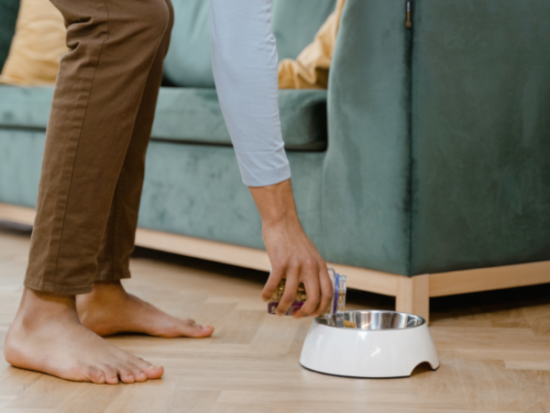
Dogs have a different digestive system than humans, which means that they process food differently from you. Some can digest easily, while others can cause damage to their organs. If you’re careful enough with your fur babies, you can give them safe human food for dogs in small amounts, which may benefit them.
There are plenty of vegetables that are safe for your dogs to eat. Some can be eaten raw, while others need to be cooked. Broccoli can be eaten by dogs both raw and cooked without seasoning, and it is rich in antioxidants. Carrots are the same, plus they are rich in Vitamin A. Cucumbers, and green beans can also be included in their diets. All these, however, need to be given in moderation. Veggies are high in fibers and can cause bowel irritation in large quantities.
Cannabidiol, more commonly known as CBD, is taking the health community by storm. They can be found everywhere now, including food and drinks, not just for humans but their pets as well. CBD is a non-intoxicating cannabinoid extracted from hemp plants that have many supposed health benefits. They can help with anxiety, stress, and joint pains. All benefits that your dog can start enjoying too, with the help of CBD pet treats.
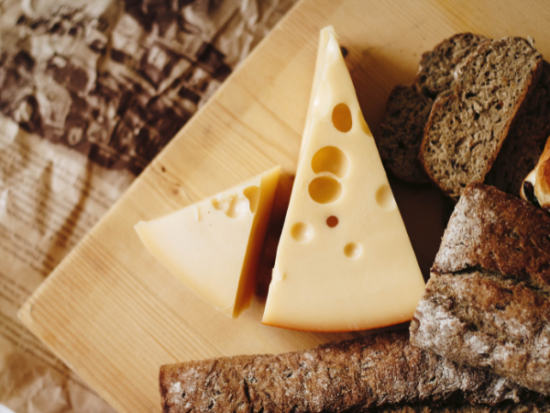
Dairy products like milk, cheese, and yogurt are generally safe for dogs, but only in safe quantities. Like humans, dogs can be lactose intolerant, and too much dairy can cause bowel problems and other symptoms like vomiting and lethargy. Low-fat cottage cheese can be a great treat for dogs who can digest them well. Low-fat milk is also recommended for your pets, but other kinds like goat or cow’s milk are also fine in small amounts as a sort of indulgence.
ADVERTISEMENT
if(displayOnDevices.indexOf(deviceName) >= 0) {
googletag.cmd.push(function() { googletag.display(‘div-gpt-ad-mrec3’);});
}
Fish contains good fats and amino acids like Omega-3 fatty acids. Vitamins, minerals, and proteins are also found in sardines and other kinds of edible fish. Just be extra careful with bones, scales, and fish organs that might get into your dog’s food if you aren’t thorough enough with cleaning them beforehand. Be sure that the fish is cooked thoroughly but unseasoned. Just like everything else on this list, only feed fish to your pup in moderate amounts.
Fruits are rich in vitamins and minerals, and this is a well-known fact that makes humans eat them a lot. The good thing is your dog can also enjoy certain types of fruits, but not all of them. Apples, blueberries, bananas, and watermelons are good options as afternoon snacks or quick treats. They are rich in fiber, antioxidants, and water content, which are important for dogs. Make sure to remove any seeds from the fruits because they can be a choking hazard.
Wheat and other grains like rice are perfectly safe for most pets, dogs included. Wheat is a common ingredient in dry dog food or kibbles, and it is also the main ingredient for common human food like bread, which some people also give to their dogs as a treat. Rice is also a common meal for dog owners to give their pets, especially in Asian countries. However, the added sugar in white rice can increase the risk of diabetes and obesity in your pups.
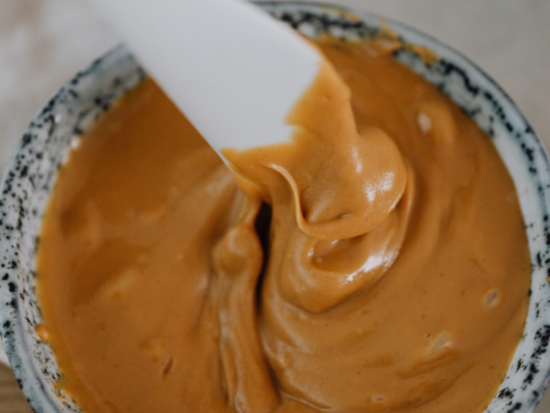
Peanut butter, made of peanuts, can be an excellent source of protein for your pets. It is one of the human foods for dogs that are sometimes even encouraged by veterinarians as treats. It also contains healthy fats that are good for the heart, as well as Vitamins B and E, which can boost your dog’s immune system. Carefully read the package label and make sure the peanut butter isn’t made with xylitol, a substitute for sugar that can be toxic to animals.
Poultry like chicken and turkey are safe for dogs. Remove the excess fat and skin from the meat, cook thoroughly in water or natural broth without any added seasoning, and mix it with their kibbles or other nutritious food for a well-balanced diet. Plain, boiled chicken breast is also recommended for a bland diet when your dog suffers from vomiting, diarrhea, and lethargy. White meat contains less fat and is generally recommended for both humans and dogs.
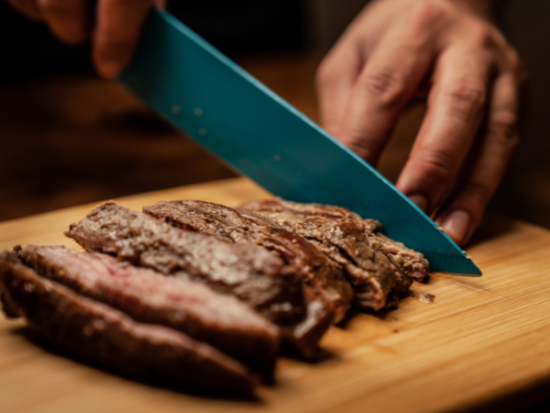
Dogs are carnivores, so they will naturally be drawn to red meats. Many dry and wet dog food and treats contain meat, whether processed or organic. Pork and beef are highly digestible proteins that are packed with healthy amino acids. They also contain calories that dogs need, especially as puppies with high energy. Mix them with healthy food like mashed sweet potatoes or squash. Red meat is also less likely to cause allergic reactions, but it can still happen.
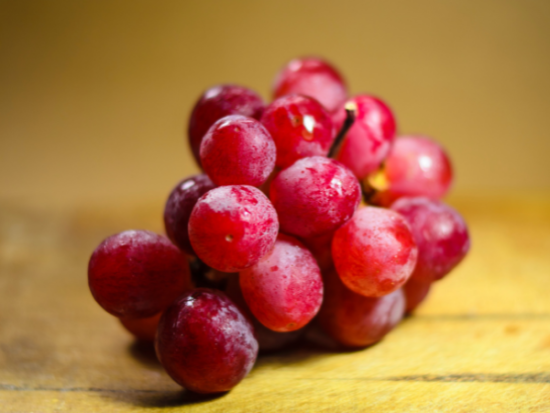
Just as there is safe human food for dogs, there are also toxic ones. Some can be toxic in just a couple of bites, while others can build up in a dog’s system and cause eventual damage to their organs. There are fruits and vegetables that you shouldn’t feed your pets, and there are also indulgent foods that we love as humans but are toxic to our furry friends.
if(displayOnDevices.indexOf(deviceName) >= 0) {
googletag.cmd.push(function() { googletag.display(‘div-gpt-ad-mrec4’);});
}
Some of these include chocolate, anything with caffeine, soft drinks, food high in sodium and fats, avocados, grapes, onions, garlic, certain types of nuts, and a few others. They can cause anything from an upset stomach to vomiting to diarrhea to other moderate to serious symptoms. Be sure to check with your primary veterinarian and see if your pet is allergic to certain types of human food for dogs.
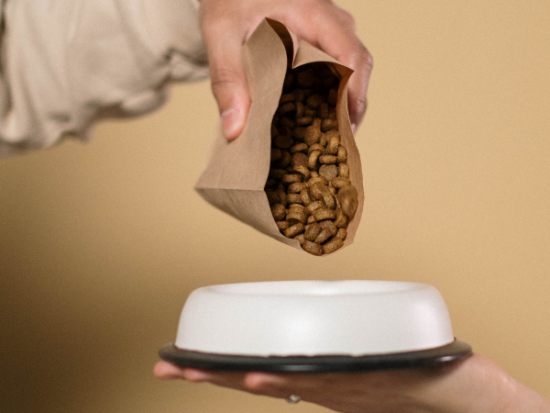
Experts recommend feeding dogs twice a day. Once in the morning and once early in the evening, except when they are undernourished and need a bit more for sustenance under the guidance of your veterinarian. Depending on their weight, the serving size may vary. If you’re serving human food for dogs, about ¾ for every meal should be okay.
However, it is not recommended to feed them a 100% human food diet. Human food for dogs should be mixed with balanced, quality commercial dog food. If you are only starting to feed them human food, your dog might take some time to adjust. Let them eat it in small portions first and adjust accordingly once their digestive systems have adjusted.
Best Treats for Pets on Amazon
CBD Oil for Dogs
Many human foods are safe and nutritious for dogs, and they are delicious for your furry babies as well. However, human food for dogs should be given in moderation, and large quantities may be damaging to their organs and overall health. Be sure to keep dangerous food or other kitchen ingredients far from within your pet’s reach.
Most veterinarians don’t recommend human food for overweight and highly sensitive pets, and they can contain fats, sodium, and other non-nutritional ingredients that can only worsen their condition. It is always better to consult with a healthcare professional for animals, such as a veterinarian, before making big changes to your pet’s diet.
By providing an email address. I agree to the Terms of Use and
acknowledge that I have read the Privacy Policy.
We use cookies to ensure you get the best experience on our website. By continuing, you are agreeing to our use of cookies. To find out more, please click this link.

